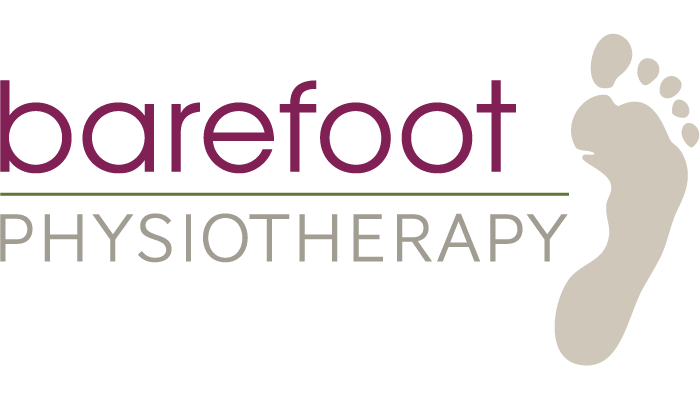Thoracic Pain Treatment with Physiotherapy
If you are experiencing thoracic pain, you may benefit from a thorough physiotherapy assessment for thoracic pain treatment. Thoracic pain can present in many ways. You may feel stiffness or burning between the shoulder blades; tightness or pain around the mid spine or ribcage; difficulty in twisting side to side, reaching overhead or taking a deep breath. Thoracic pain or stiffness may be involved in neck pain, shoulder pain or low back pain.
At Barefoot Physiotherapy we often see client with these presentations, and we understand how important it is to manage to get you back to feeling your best with day-to-day activities! Because we know how important the management of thoracic pain is, we have done extra training in assessing and treating the thoracic area via the Thoracic Rings Approach. Read on to learn more about Thoracic pain treatment with Physiotherapy.
What is involved in thoracic pain?
The thoracic region is made up of 12 thoracic vertebrae, 12 sets of ribs (10 of which attach to your sternum), your sternum, clavicle and diaphragm. There are many joints and muscles involved in maintaining comfortable movement and breath. The thoracic region is involved in everything from sitting at your desk to doing cartwheels!
Thoracic pain may occur from muscle strain or tightness, joint stiffness or inflammation, or movement overload. It may also stem from restrictive clothing such as a tight bra or binder. There may be a more serious reason for your pain: fracture after a trauma, systemic illness or thoracic nerve involvement. Your physiotherapist can help determine if you need imaging or a visit to your GP for thoracic pain treatment.
How is thoracic pain treated?
After a thorough subjective (talking) and objective (hands on, physical) assessment we can determine the most likely cause of your thoracic pain symptoms. Your physiotherapist will work with you to determine the most efficient way of reducing your symptoms. This will likely involve:
- Hands on joint mobilisation, muscle release treatment or dry needling.
- Mobility and motor control exercises
- Breath retraining
- Posture cues
- Strengthening exercises
The timeline to full recovery is different for every person. Your Physiotherapist will make sure you are equipped with knowledge and self-management techniques for the best outcome!
If you or someone you know is experiencing thoracic or rib pain contact us to book in for an initial assessment. Give us a call on 1300 842 850 or click here to book an appointment.








Leave a Reply
Want to join the discussion?Feel free to contribute!